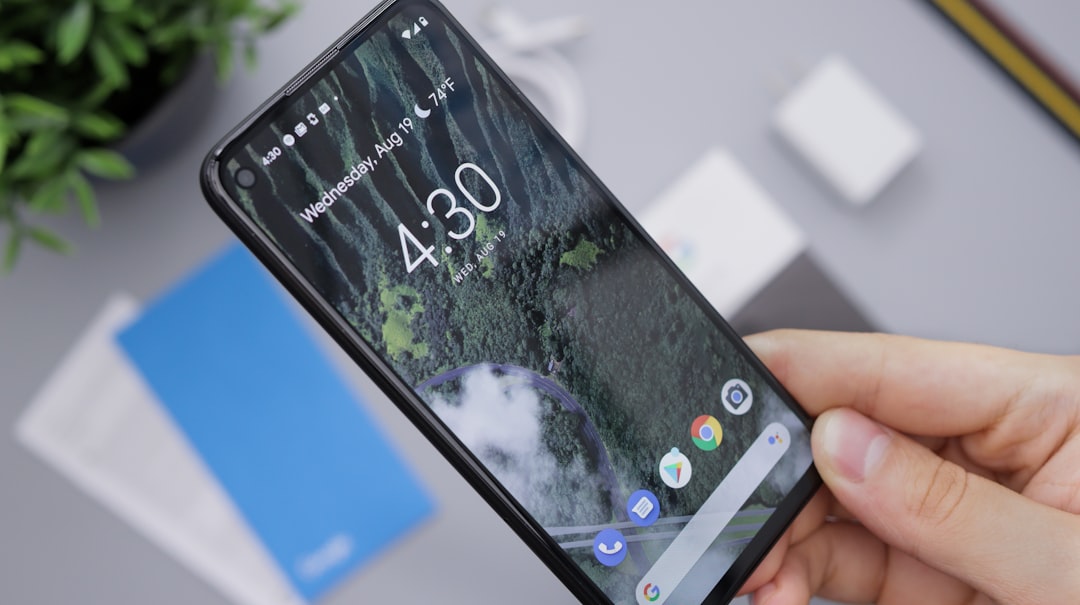Does WhatsApp generate revenue?
WhatsApp is one of the most popular messaging applications in the world, with over 2 billion monthly active users. Despite its widespread use, many people wonder: Does WhatsApp generate revenue? The answer is yes, but the way it earns money has evolved significantly since its launch.
How WhatsApp Initially Made Money
When WhatsApp was founded in 2009, it followed a simple monetization strategy:
- A one-time purchase fee of $1 for iOS users.
- A yearly subscription fee of $1 for Android users after the first year.
This model helped WhatsApp cover operational costs without relying on ads, ensuring a seamless user experience. However, in 2014, when Facebook (now Meta) acquired WhatsApp for $19 billion, the revenue model changed significantly.
Meta’s Monetization Strategy for WhatsApp
After acquiring WhatsApp, Meta removed the subscription fee in 2016 and promised an ad-free experience. Instead, they introduced alternative monetization methods.
1. WhatsApp Business
WhatsApp Business, launched in 2018, is a critical source of revenue. It allows businesses to interact with customers professionally, offering features such as:
- Automated responses.
- Catalogs for products and services.
- Business profile verification.
WhatsApp generates revenue by charging businesses for using advanced features, including the ability to send messages to customers beyond the 24-hour free-response window.
2. WhatsApp Pay
WhatsApp Pay is another revenue-generating tool, available in select markets like India and Brazil. It enables users to send and receive money securely using the Unified Payments Interface (UPI). WhatsApp benefits by charging transaction fees, especially for business payments.

3. API Services for Enterprises
Large businesses use the WhatsApp Business API to scale their customer support. WhatsApp collaborates with third-party providers who integrate communication tools for businesses. Meta charges enterprises for specific types of messages sent via the API, particularly those initiated by the company instead of customer-triggered responses.
Future Monetization Plans
With WhatsApp continuously expanding, Meta is exploring additional ways to increase revenue. Some key areas of focus include:
- Advertising within WhatsApp: Although WhatsApp does not display direct ads in chats, Meta has tested promotions inside WhatsApp Status updates.
- Marketplace Integration: Meta aims to integrate WhatsApp with Facebook and Instagram shops, allowing seamless e-commerce experiences.
- Premium Subscription for Businesses: A premium tier for WhatsApp Business users is under consideration, offering enhanced tools for entrepreneurs and brands.
Final Thoughts
While WhatsApp remains free for personal users, it generates significant revenue through business-oriented services. Meta prioritizes monetization through enterprise tools, payment systems, and potential ad placements rather than traditional in-app advertising.
As WhatsApp continues to evolve, its ability to balance user experience with profitability will determine its success as a revenue-generating platform.



